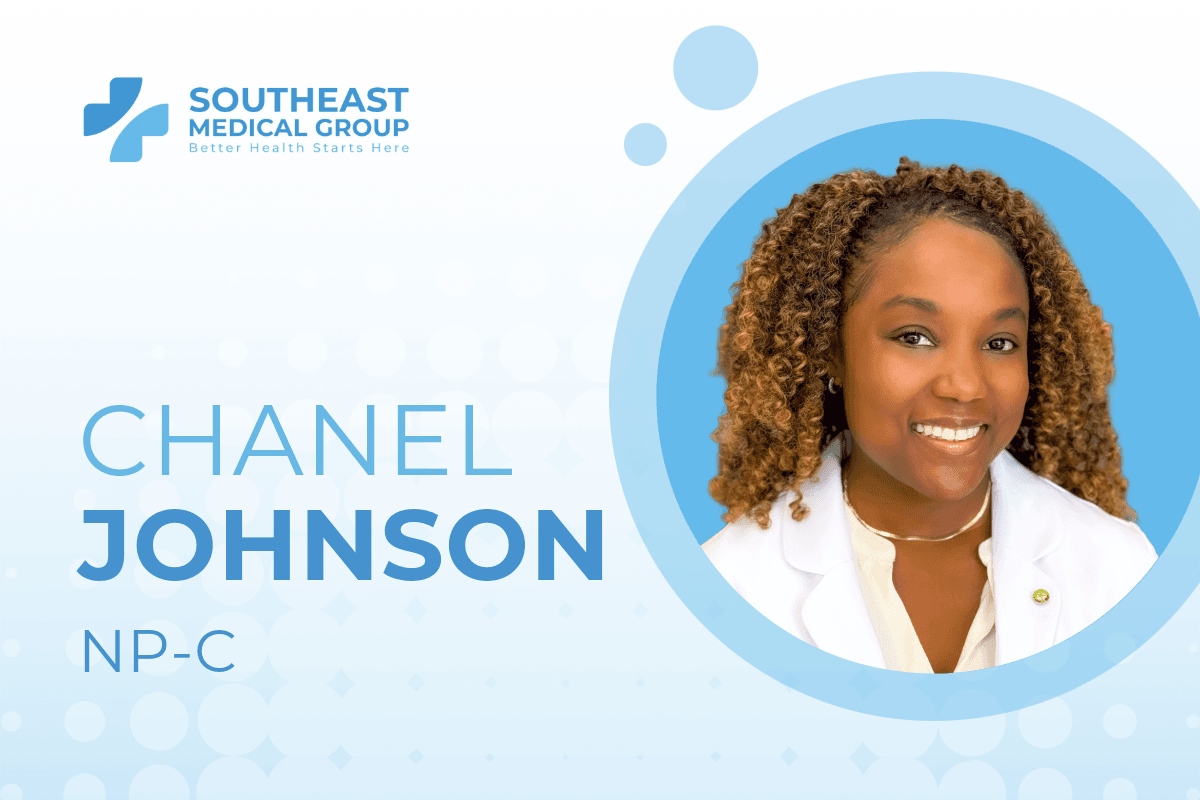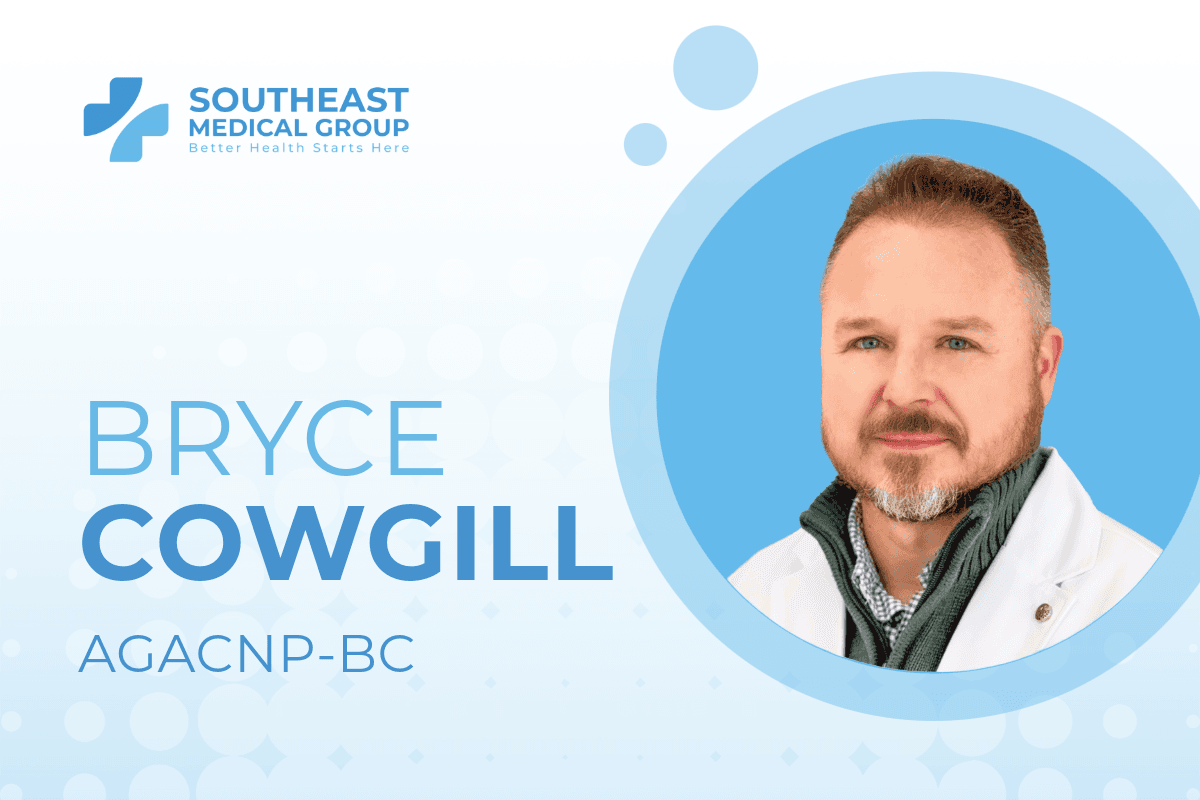Team-Based Care is intended to provide the right care at the right time by the person with the most appropriate level of training, experience, and licensure to support the best practice model. It strives to meet patient needs and preferences by actively engaging patients as full participants in their care.
Systems for outpatient, and transitional care for patients aim to comprehensively address the complex medical and social issues of the patient panel. The clinician, working with others in a care team, must provide appropriate coordination of care, manage the patient between office visits, ensure adequate patient education to support the acquisition of self-care skills, address social determinants of health, and create safe transitions of care between settings. Fundamentals of team-based care include “Pre-visit planning” for tests, labs, consult notes, daily team huddles and medication management (med reconciliation and annual prescription refills). There is also in-basket management, portal messages and any messages from Chronic Care Management, Remote Patient Monitoring, Diabetic Educators, Pharmacy, and communications essential to the continuous and comprehensive care of the patient. To build this system sounds daunting when you consider that no two offices are the same. No team is the same and personalities differ. It requires mutual trust, effective communication, and shared goals to achieve measurable outcomes and processes in an ever-changing world.
It requires tools like an efficient Electronic Health Record capable of showing us the care gaps, aligning patients with the best referrals, documenting HCC’s, assisting medical decision making and recording our actions accurately to appropriately code and deliver the information to the patient and the rest of the team. It requires rules about who is the ‘captain’ and partners to take responsibility and agency for the direction of the team while ensuring well-being for the entire team including themselves. As my new physician partner who joined the practice only recently said, “I’m looking for chemistry”. We already KNOW that the more we contact the patient, the better the outcomes and no one can do that by themselves.
Southeast Medical Group is putting together the tools and rules to find that chemistry and strengthen the relationship between patients, their Primary Care Providers, and other team members and improve continuity in a flawed health care industry. Accomplishing that, total cost of care is reduced, quality increases, disparities are overcome and satisfaction for all is achieved.
Article written by Dr. Jeff Stone, MD, MBA, MHA, FAAFP



